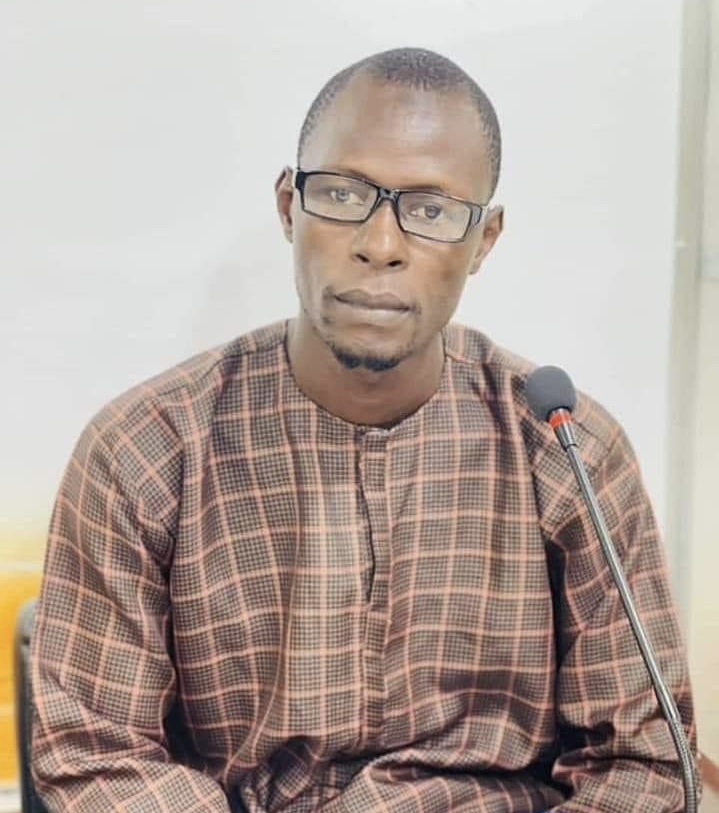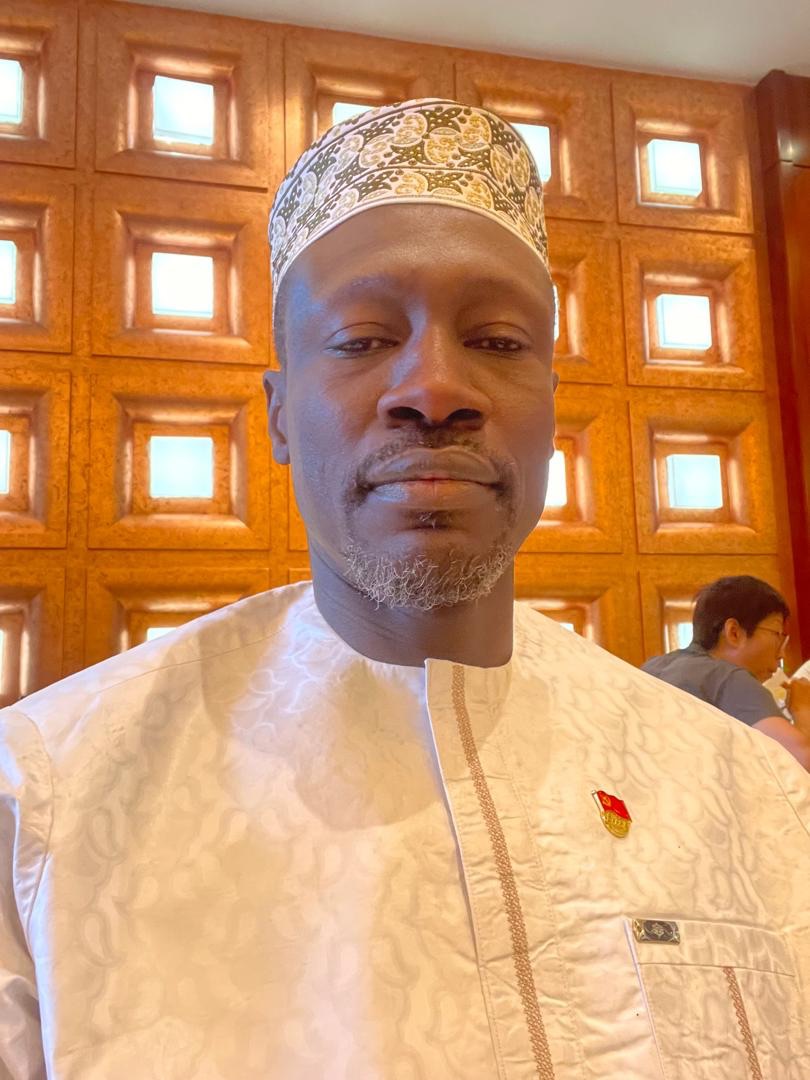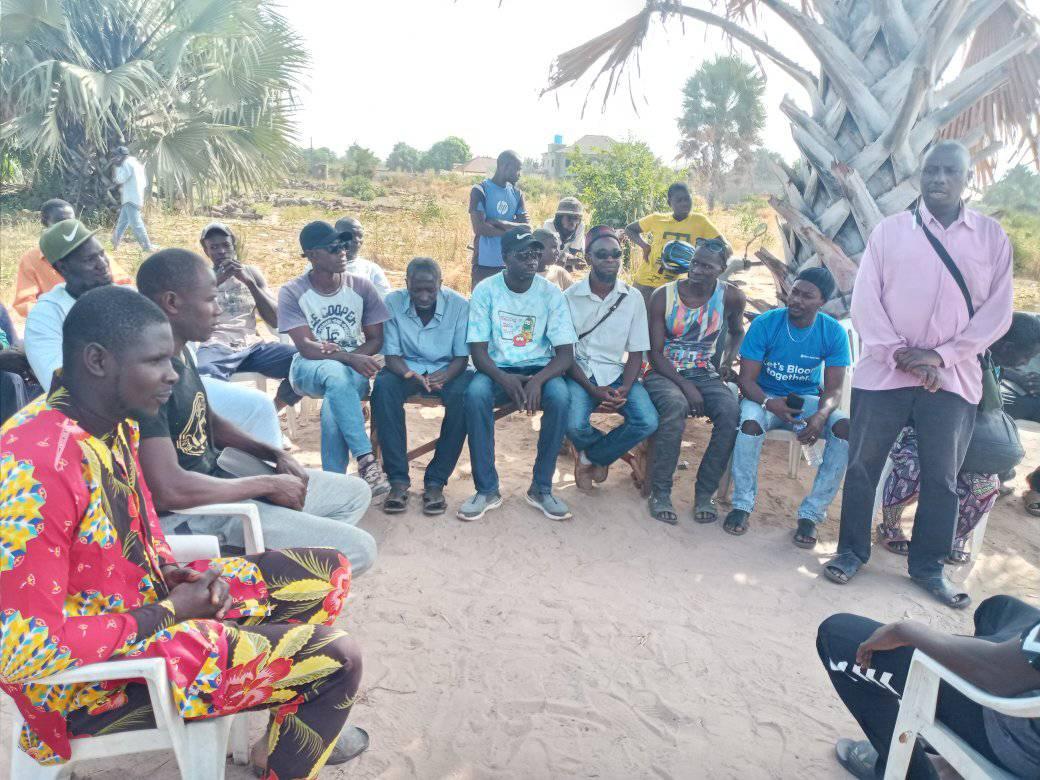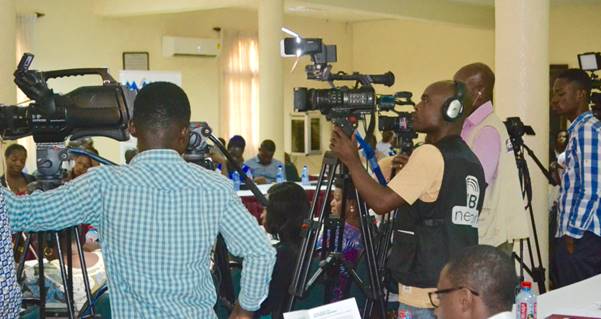By: Malanding Darboe & Haddy Touray
The youth president of the UDP Haji Suwaneh has called on young people of The Gambia to hold the bull by the horns and call the NPP government to order.
“A responsible Government would have informed the public how many job opportunities they created rather than the constant apportioning of blame on youths, categorizing them as lazy and obliged to get up and work. I wonder where those jobs are?” argued Suwaneh in an interview with these reporters.
According to the UDP youth leader, it’s apparent that President Barrow and his officials are oblivious to the pains of Gambians as regards cost of food and jobs.
“Hearing what minister Ebrima Sillah said during NPP’s Congress, it’s very clear that these people are oblivious to the nightmare the people in this country are facing in feeding their families and the lack of meaningful job opportunities for young people. The only available job here in The Gambia is to go to Jimpex for menial jobs because young people can’t still find the 50,000 jobs that Barrow keeps promising them again and again in every Meet The People Tour since 2021. Accusing young people of laziness is an insult to the struggling and hardworking Gambian youths. If you can find Beninois working here in The Gambia, then go to Togo, Benin and other African countries, you will find more Gambians there,” contended Suwaneh.
“Today, People are starving in this country. Food is very expensive. Fish-money for a substandard meal for an average family is D500 minimum. I have crossed the border to know the price of rice in Senegal. Superior quality rice like the Sadam rice is being sold in Senegal at the retail price of CFA 25,000, equivalent to D2,950 and ordinary rice like American rice is being retailed at CFA 18,500 which is around D2,000,” he explained.
“Going by this figures, one can clearly see that rice is more expensive here than in Senegal with a 50kg bag of American rice costing D2,250 while Sadam is over D3,200. If not the depreciation of the Dalasi, Senegal is way cheaper today than Gambia.
“In fact, it should be a shame for the Barrow Government to compare Gambia to Senegal on the issue of commodity prices and cost of living. Before the advent of the Barrow government, The Gambia was like a Paradise in the sub-region. Banjul was a serious commercial hub that attracts businessmen from Senegal, Mali and Guinea Bissau because of affordability of commodities and tax regime. Our port was a transit point to all these countries but today that has been completely lost to Senegal because of the incompetence, corruption and inefficiency at the Gambia Port Authority,” he stated.
“I can tell you that before Barrow’s administration came into being in 2017, half of Senegalese particularly, those in border villages, were crossing into The Gambia to buy rice, cooking oil and other essential commodities, which has completely changed in 2019 under Barrow because Gambians are getting almost all their goods from Senegal,” maintained the youth leader of the Gambia’s largest opposition party.
Suwaneh advised that if the government cannot alleviate the sufferings of ordinary Gambians, then they should avoid provoking Gambians.
“The peace they continue to praise The Gambia for is as a result of the guidance and hard work of parents in raising their children. The Gambia’s enduring peace has nothing to do with the way government is running the affairs our country. Our people in the diaspora are the ones taking care of many families. When it is time for rainy season, families are all busy on their farms without support from government apart from the traditional sales of fertilizer to farmers,” he contended.
“If Ebrima Sillah said they are busy on their gardens after official hours, let him understand that access to land for commercial agriculture is not easy here. If you are not close to Adama Barrow and some senior public officials, you have to be lucky as in acquiring an American visa to acquire a land for commercial agricultural ventures. We expect an incentive-based agricultural land policy and mechanization that will encourage and motivate young people to venture into agriculture instead of selling all our reserved lands for your personal interest,” Suwaneh pointed out.





